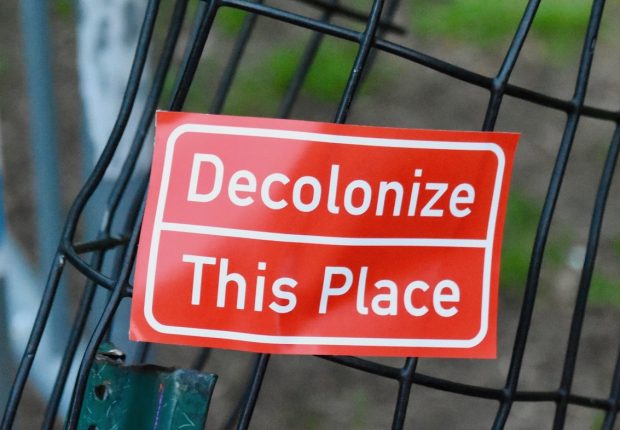One of the most challenging aspects of my decolonizing the library action plan is challenging the theoretically underpinnings that established libraries. They are largely organized in a falsely subjective classification schemes and the conversation around decolonization needs serious focus on knowledge production. One of my colleagues shared some work by Louis Yako, and I found it very compelling. Yako (2021) challenges the “long-held Western claims to objectivity, and the assumption that knowledge produced by the West about the rest is independent, unbiased, and unaffected by power relations and inequalities.”
This has implications both for our classification of resources– how we label them, how we rank them in knowledge system hierarchies–, how we teach about source evaluation, and how we provide public service. There is an gatekeeper element to librarianship that implies that we hold the keys to the secure and “best” information, that we are arbiters of what makes reliable information, and our field has historically aligned itself with Western knowledge systems at the exclusion of other sources. In order to move forward, we need to examine our systems of knowledge production, reflectively assess ourselves, our values, and our biases, so we can move forward in a more inclusive direction.
Yako, L. (2021, April 19). Decolonizing knowledge production: A practical guide. CounterPunch.https://www.counterpunch.org/2021/04/09/decolonizing-knowledge-production-a-practical-guide/

